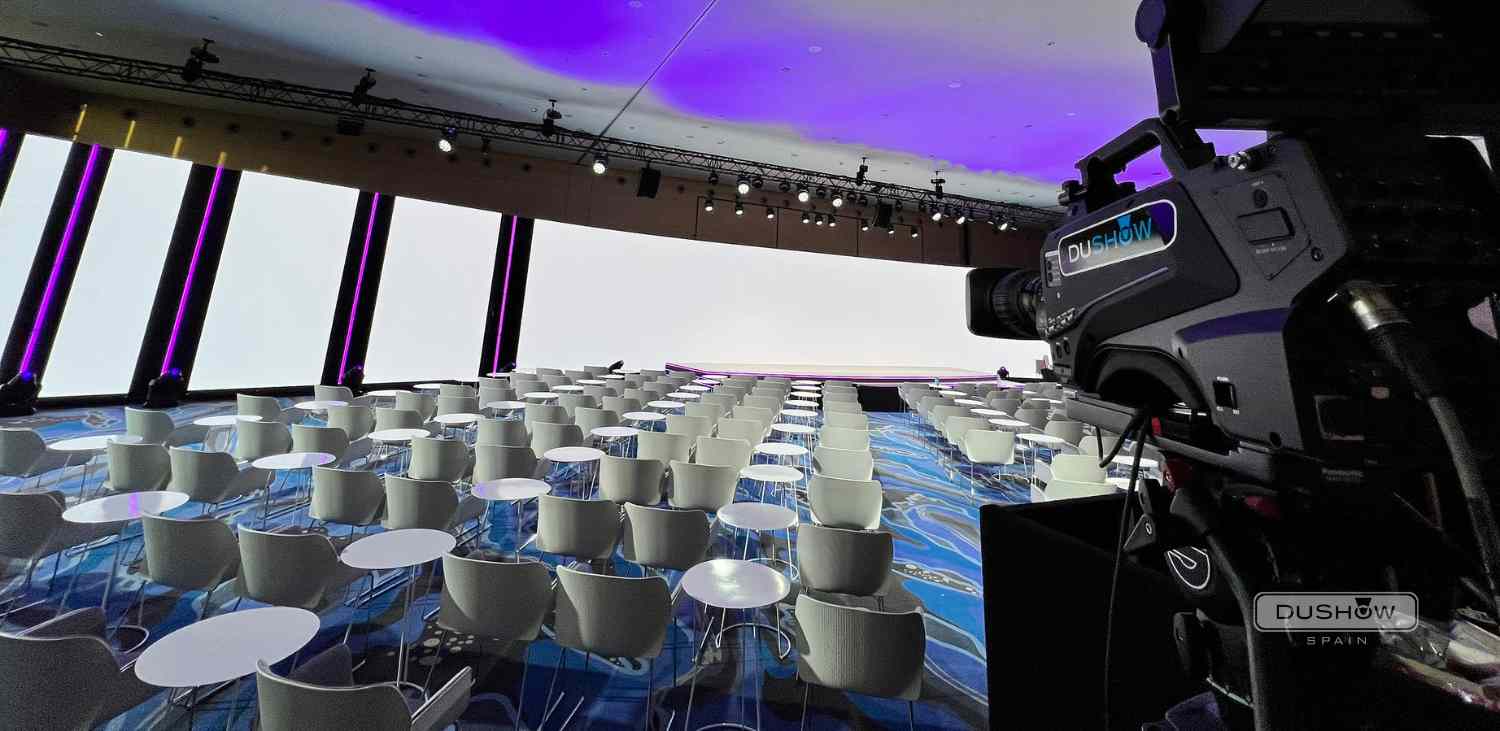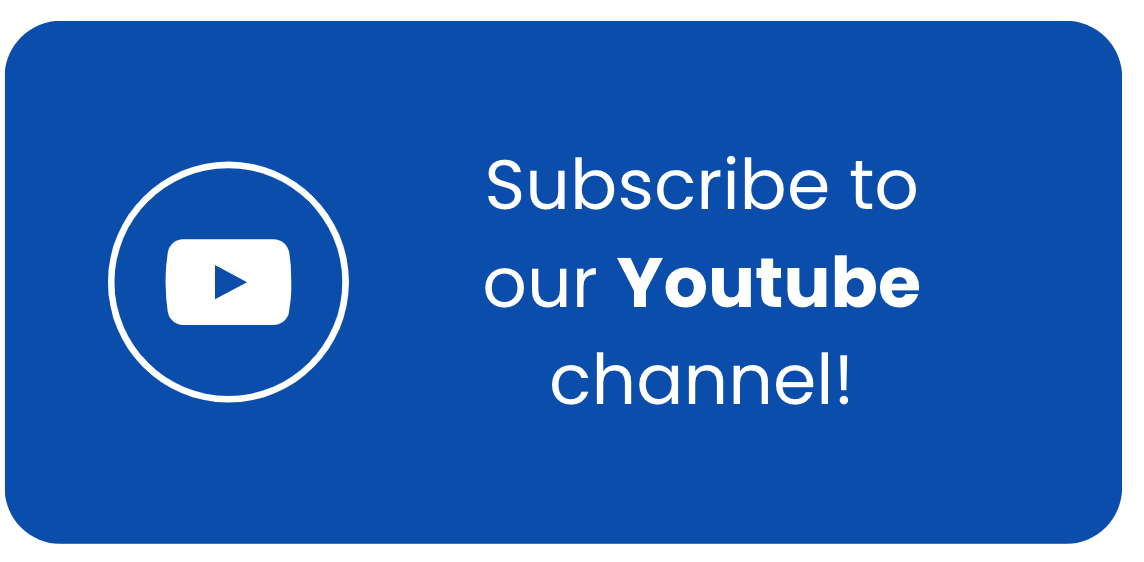Dushow Spain is now Novelty Spain
How to make your event’s opening speech grab your audience’s attention
If there’s anything that hasn’t changed in event organization, not even over past decades despite the advancements of technology, it’s the importance of the opening, or welcome, speech.
The opening speech is of the highest importance, and a factor that should not be left to chance. It is the first (and perhaps only) opportunity you’ll have to catch your audience’s interest, and you can’t let it go to waste. If you want to know how to give an unforgettable opening speech, you’ll find a few useful tips in this article.
Importance of an opening speech
From Martin Luther King’s “I Have a Dream” to Obama’s “Yes We Can” and even Steve Jobs’ legendary speech at the University of Stanford, the power of words is simply amazing.
The opening speech of an event is given by the organizer or coordinator to welcome the attendees. Once the speech is over, the event is officially opened. Though it may seem casual or unimportant, this could not be farther from the truth.
Imagine the day arrives for an event you’ve been waiting to attend for months. You sit down, and the organizer begins their opening speech with poor-quality sound and, worse, superficial, improvised content. The audience’s attention and engagement plummet.
The opening speech of an event is especially relevant because it is the first contact with your audience. As you know, first impressions make a considerable impact in any kind of relationship. That’s why preparing the speech, and choosing the most appropriate words is decisive.
Factors to remember in an opening speech
Comparing your opening speech to the examples given above may seem far-fetched, as they are historical speeches of a level that is hard to match. But you can’t miss the opportunity to do a great job on stage, to connect with your audience from the get-go.
How can you do it? A good opening speech for your event must always be prepared beforehand. This means studying the best way to speak, and connect with, your audience. First, a look at the basic structure of any opening speech:
- Initial greeting: for starters, introduce yourself, welcome the attendees and thank them for their support. You can also thank your team or fellow organizers for their hard work.
- Introduction: next, you can give a brief introduction on the reason why everyone is gathered at the event.
- Review of the event: this is the heart of your event’s opening speech. You can briefly review the agenda of the event, and provide information of interest for the audience.
- Farewell: once again, you can thank the audience for attending and invite them to enjoy the event.
- Duration: The average duration for an opening speech is 2 to 5 minutes. You can go a little longer if you think there’s something interesting to share with the audience. If not, follow the old truism: brevity is the soul of wit.
These are the phases of an opening speech for an event. It’s a basic, and functional model that is safe, but effective. It is the least your audience can expect, and the least you should prepare, because though it may seem simple, your nerves can betray you.
And don’t forget to speak slowly, with clear pronunciation and appropriate volume.
5 tips to give the perfect opening speech
Now you know how to give a basic, no-frills (but effective) opening speech. If you want to take it a step further, it is time to get creative, and think about what you can do to generate a bigger impact on your audience.
1. Study your target audience
If you want your speech to have a deep impact on your audience and that way, grab their attention, study your target in depth. As the organizer, you probably already have a lot of information on them, so it shouldn’t be too difficult.
It’s not the same thing to speak to a young audience as it is to a professional one, or a group that hails from a specific industry. With this in mind, you can be more creative, and personalize your event’s opening speech.
2. Practice in front of a mirror
If you’re not used to speaking in public, it’s best to practice a few times in front of a mirror. You can also practice with your staff, family or friends. It will give you confidence, help you memorize the speech and reduce your stress level when the time comes to stand and deliver.
However, if you don’t want to memorize your remarks, you can also resort to a piece of equipment widely-used at events, the teleprompter or autocue.
3. Ask for feedback
Whether or not you’re sure of the speech you’ve written, always ask someone else for feedback. An outside opinion can give you a new outlook, and help you discover any weak spots in your speech. Also, whether it is too long or short, if any part of it sounds distasteful, etc.
4. Sound
Imagine your speech is perfectly honed, right down to the last word. But on game day, the microphone isn’t working right, or causing a lot of feedback. It would be a disaster. That’s why, in addition to putting together a good speech, you must ensure that the technical resources you will use work perfectly, and are the most appropriate for the occasion. Remember that you can always contract an audiovisual company and rent the equipment for your event.
If you want to learn about the most frequent mistakes when it comes to managing the sound equipment at your event, and how to avoid them, read this article.
5. Defy the norm
If you don’t want to settle for a conventional opening speech, it’s time to take some risks. You can try elaborate staging, projection screens, countdowns, music, humour, storytelling, interaction with the public, support videos, scenography, etc. The number of resources you can use is limitless.
Giving an opening speech at an event that is impactful and unique will have a positive influence on the rest of the event, although it can also trigger the opposite effect.
Only experience and “trial and error” can determine the best type of speech, and the kind of risks you can take when opening your event. We hope you find these tips useful, and they help you create a fantastic opening speech for your next event.
This article was first published in Dushow Spain, you can read the original Spanish version here.





